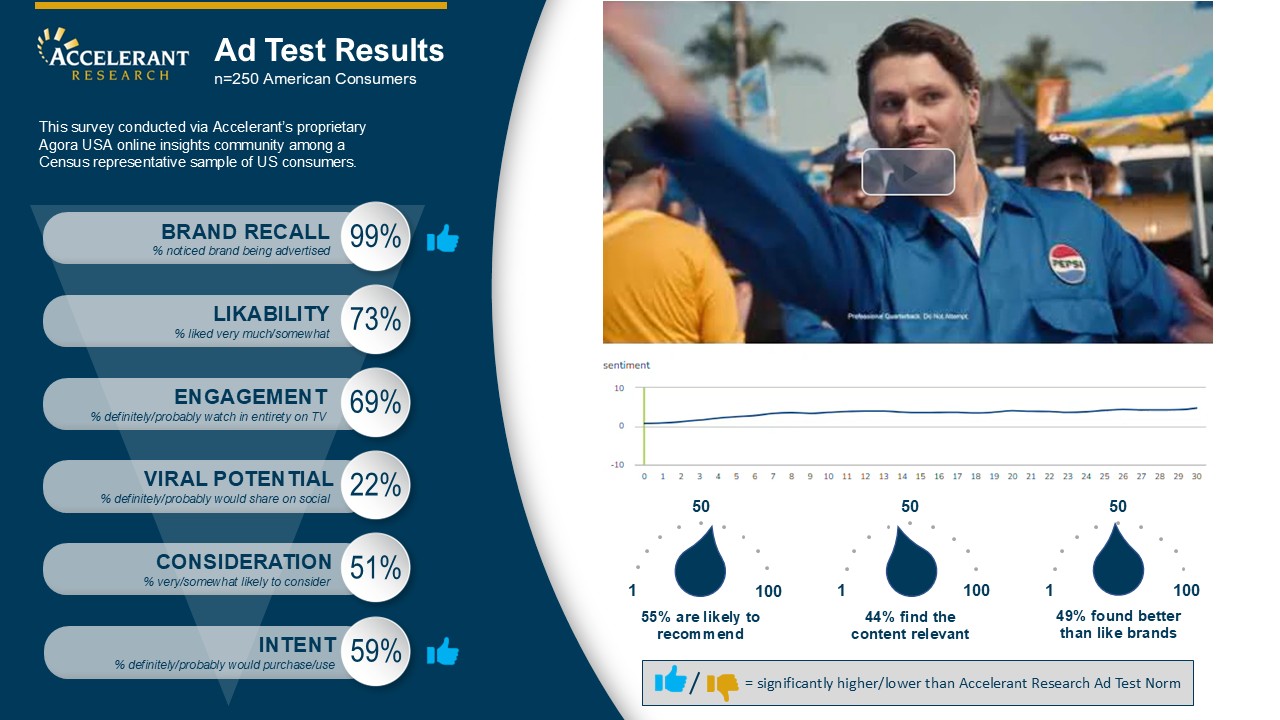Navigating the dynamic field of UX research requires a thoughtful balance of technical and soft skills. Whether you're a recent graduate, a career changer, or an early-career researcher, this guide will help you identify some key skills to develop and strategies for standing out in a competitive market.
Technical Skills
Master Core Methodologies
User Interviews and Usability Testing: These skills are foundational for understanding user needs and evaluating product effectiveness. Mastering these techniques provides deep insights into user behavior and preferences. In particular, user interviews allow us as researchers to marry the science of what we do to the art of how we do it, requiring a balancing act of skills. On one hand, leaning too scientific often makes the interview cold and sterile. The interviewing participant often feels overly examined and you then lose the ability to collect true, unfiltered feedback. On the other hand, leaning too artistic by interviewing without clear structure and consistency makes findings difficult to triangulate. It may also open the opportunity for stakeholders to question the research rigor.
Journey Mapping and Personas: These methodologies are essential for visualizing user experiences and creating user-centered designs. Not only are user journeys or personas a great tool to visualize user needs throughout the entire lifecycle, but they are also a powerful method to translate findings to other key stakeholders.
Getting Started:
- Practice by conducting mock interviews and usability tests with peers.
- Analyze case studies to understand how these methods are applied in real projects.
Proficiency with Digital Tools
Familiarize yourself with software tools used by UX professionals across the project spectrum, like Miro for collaboration, FigJam for brainstorming, or Dovetail for data analysis and synthesis. UX researchers frequently work in collaboration with content or design counterparts, so being well-versed in a variety of technologies adds significant value to a UX team, particularly when you’re able to jump in and assist with simple project tasks to assure your team can meet its deadlines.
Getting Started:
- Utilize free versions and tutorials to gain hands-on experience.
- Join online communities to exchange tips and best practices.

Soft Skills
Effective Communication
The ability to present findings clearly to diverse audiences is imperative. The research field is shifting to be more oriented to business strategy, which involves clearly and concisely communicating findings to make an impact. The key to developing as a researcher is to be a good storyteller by triangulating data to articulate a macro trend while not losing study details.
Effectively communicating also means knowing your audience.Who is the intended audience for the report? If it’s a project team, don't skip the details so they know exactly what you're talking about and what needs to be done! But if it’s an executive audience, you probably only have a maximum of 15minutes with the group, and if you're caught up in the details, you’ll likely lose them within the first couple of minutes. Effective communication really means tailoring the deliverable to the intended audience type.
Getting Started:
- Practice writing concise reports and delivering engaging presentations.
- Participate in workshops focused on storytelling and public speaking.
- Tailor your deliverables to your audience.
Empathy and Adaptability
Understanding user needs requires genuine empathy and flexibility. UX researchers are always advocating for the customer within profit-driven industries, but empathy also needs to be extended to internal and business stakeholder groups. There’s a balance in bringing up awareness of user problems with business stakeholders while staying aware of the business’s needs, even as UX research work expresses the voice of the user.
Adaptability also plays a crucial role in the work of UX researchers. One helpful practice is a "yes, and" or "no, but" process. There may be times when you may not be able to give a stakeholder exactly what they’re looking for (e.g., the proverbial last-minute request for a project turnaround at 4:30pm on a Friday to present on Monday morning), but you can be adaptable to try and work with stakeholders to show up and support in the best way you can. Ultimately, being a UX researcher is all about problem-solving by working with different research methods for user needs while providing value and impact to organizations.
Getting Started:
- Engage in active listening exercises.
- Utilize user empathy sessions or simulated empathy workshops.
- Reflect on feedback and iterate on your research approaches and processes.

Strategies to Stand Out
Gain Diverse Experience
Working in consulting can provide exposure to various industries and methods. Although it may involve hard work and travel, the breadth of UX research experience is invaluable because the world of consulting is vast and covers so many different industries at different points of the product lifecycle. Researchers in UX departments at a large corporation may only gain exposure to certain core methods, limiting their experience and diversity as a researcher. A strong 3–4-year stint agency-side can often give you hundreds of reps and exposure to a wide variety of experiences that build the foundation of solid research knowledge.
Getting Started:
- Seek opportunities in consulting firms or freelance projects to broaden your experience.
- Network with professionals from different sectors to gain insights into diverse research needs.
- Get involved with non-profits or conduct pro-bono research to add to your portfolio.
Build a Strong Portfolio
Showcase a range of projects that highlight your methodological expertise and ability to generate actionable insights. When it comes to finding your next (or first) UX researcher role, a breadth of experience and strong visual and verbal storytelling skills will set you a part in an over-saturated job market. Can you demonstrate to a hiring manager your ability to adapt and gain knowledge on various industries or topics? Can you clearly communicate the reasoning and rationale as to why you choose your methodology, sample size, and participant group?
When UX hiring managers ask about methodology, they aren’t necessarily concerned about whether they would conduct the project in the exact same way you would. Instead, your responses as to why you chose the methods you did allow them to better understand your working style and quickly gauge critical thinking skills.
Getting Started:
- Document your work with detailed case studies and visual presentations.
- Provide missing context to bring color to your work (Why, So What, Impact, Dependencies).
- Share your portfolio on platforms like LinkedIn or a personal website.
Network and Engage
Building relationships with industry professionals can open doors to new opportunities. The current research market is oversaturated with talent compared to the number of jobs available. Because of this, it is unlikely you will get a job purely by applying on LinkedIn or another job board site. Networking is crucial in the research industry, and the best time to start is before you need to leverage your connections for a job!
Connecting and networking with other researchers over a coffee or for a quick 30-minute call can help you gauge areas you might need additional growth. Identify mentors and begin to surround yourself with a diverse network of skilled researchers who are often always willing to help.Whether you're the one mentoring or the one being mentored, both parties can learn and contribute back into the UX industry.
Getting Started:
- Attend industry events, webinars, and UX meetups.
- Engage in online forums and communities, such as UXPA or Interaction Design Foundation.
- Connect with mentors both internally and across the industry.

Stay Informed and Curious
The field of UX research is constantly evolving. Staying updated on trends and innovations in research is part of staying relevant in the field. There are many industry professionals constantly contributing with new approaches in methodologies or finding new solutions for frustrations or roadblocks. As the UX research field evolves, it's important to continue investing in your own research skills by keeping up to date on new technologies to continue working smarter.
Getting Started:
- Subscribe to leading UX journals, blogs, and podcasts.
- Participate in online courses that focus on emerging trends.
Conclusion
Breaking into UX research requires a commitment to mastering both technical and soft skills. By gaining diverse experiences and building a robust network, new researchers can effectively navigate the challenges of today's job market. Embrace the learning journey, leverage every opportunity for growth, and your unique insights will position you for success!








.png)



